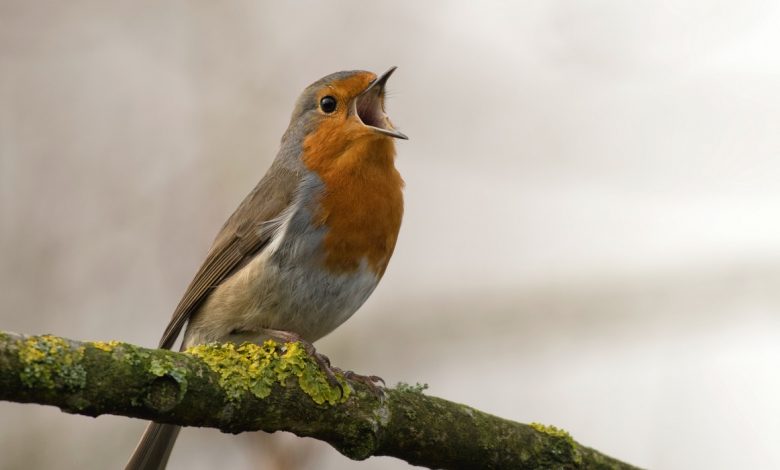Michigan DNR tells residents to take down their bird feeders due to bird flu
"One easy way the public can help reduce the potential spread of HPAI is to remove outdoor bird feeders," the department states.

According to the U.S. Department of Agriculture, the bird flu has been detected in commercial and backyard flocks in 29 states, including Michigan. The virus is almost always a death sentence for birds.
The Michigan Department of Natural Resources is suggesting the public take down bird feeders to help contain the virus.
“One easy way the public can help reduce the potential spread of HPAI is to remove outdoor bird feeders,” the department states. “Though there isn’t yet any widespread recommendation from state agencies to do so, temporary removal of these food sources could be helpful, especially for anyone who has highly susceptible species – domestic poultry, raptors or waterfowl – living nearby. Similarly, removal could be a wise choice for those who observe high-risk species like blue jays, crows or ravens hanging around backyard bird feeders. This temporary removal of bird feeders and baths may only last for the next couple months, or until the rate of HPAI spread in wild and domestic birds decreases.”
If you do choose to keep your bird feeders up, the Michigan DNR offers these tips:
- Thoroughly clean bird feeders with a diluted bleach solution (and rinse well) once per week. Regularly cleaning helps protect birds against other infections, including salmonella.
- Clean up birdseed that has fallen below the feeders to discourage large numbers of birds and other wildlife from congregating in a concentrated area.
- Don’t feed wild birds, especially waterfowl, near domestic flocks.
Currently, roughly 33 million birds have been impacted. The virus is spreading fast because of migrating wild birds, such as geese and ducks. Raptors, such as bald eagles, are also catching the virus.
The virus does not seem to make people sick, experts say. Humans might get some discomfort from the virus at the store, though. That’s because the bird flu is impacting egg prices, as the wholesale price of a dozen eggs has tripled in the past few months.
